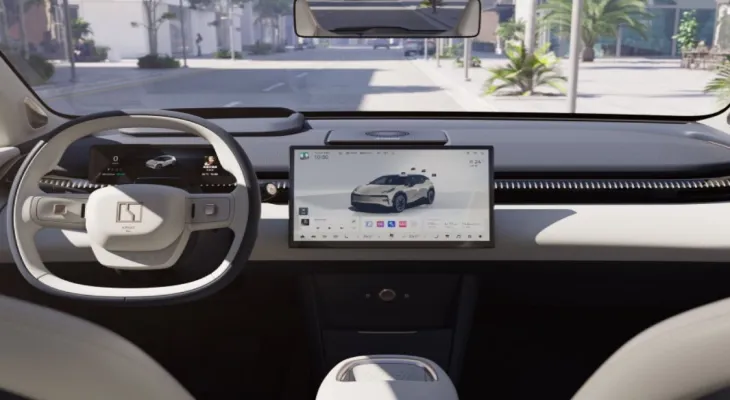Search here
Newspaper
Search here

Arab Canada News
News

Published: September 7, 2024
China filed a complaint against Canada with the World Trade Organization on Friday over the tariffs recently announced on Chinese electric vehicles, aluminum, and steel.
The announcement from the Ministry of Commerce about filing the request came after a promise it issued earlier this week that it would do so.
Following the United States, Canadian Prime Minister Justin Trudeau announced on August 26 that Canada would impose a 100% tariff on Chinese electric vehicles and a 25% tariff on steel and aluminum.
The U.S. tariffs have not yet come into force, but the Canadian tariffs will take effect next month.
Canadian Finance Minister Chrystia Freeland pointed to unfair trade practices but also mentioned poor environmental and labor standards that she said allow China to set unfair prices and flood the market with products at the expense of the environment and workers.
Canada has faced immense pressure to match U.S. tariffs, which have been imposed by industry groups including car manufacturers and steel and aluminum producers.
This week, China responded by launching an anti-dumping investigation into Canadian canola imports and pledged to defend the "legitimate rights and interests of Chinese companies."
The decisions by the United States and Canada to impose tariffs on Chinese electric vehicles - which are much cheaper - come at a time when both countries are investing heavily in building local electric vehicle supply chains.
Chinese brands are not currently a major player in the electric vehicle market in Canada, but imports from China saw a significant increase last year after Tesla shifted its Canadian sales from U.S. factories to its Shanghai factory.
The federal government also announced a 30-day consultation period to study the threat posed by Chinese imports in other sectors, including batteries and battery parts, semiconductors, solar products, and critical minerals.
Earlier this week, a report from RBC warned of the threat of retaliation from China due to the tariffs, stating that it would increase cost pressures domestically while jeopardizing Canada’s goal to phase out the sale of new gas-powered vehicles by 2035.
Comments